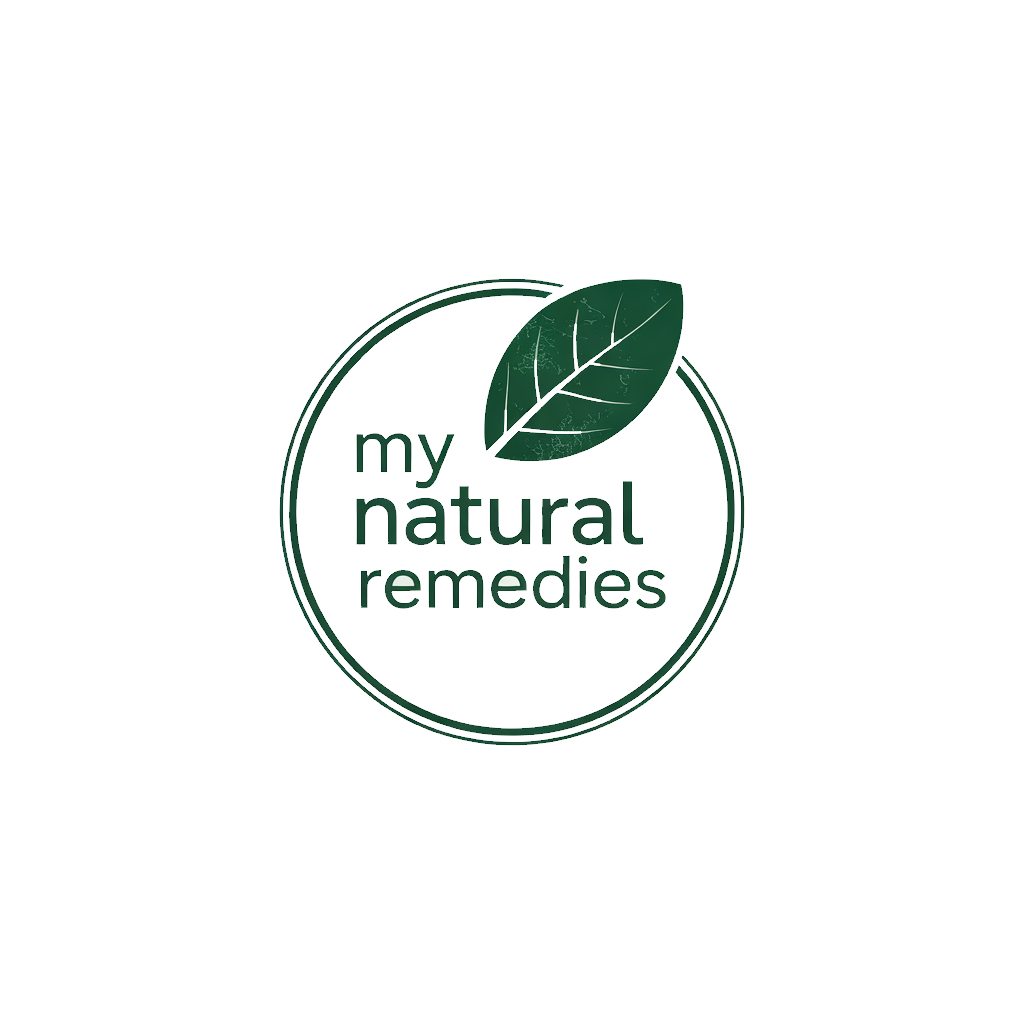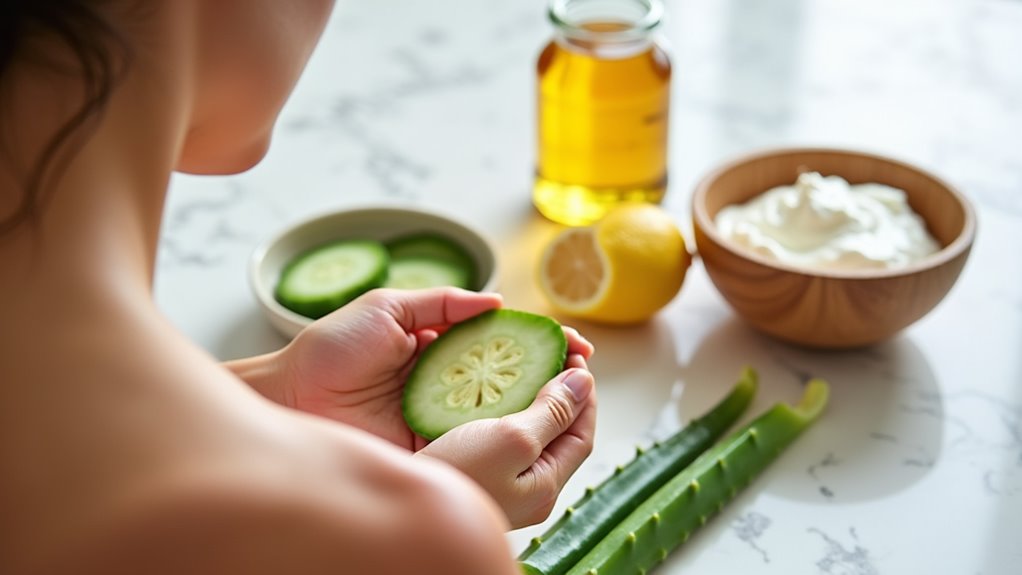Cough Relief. This DIY Herbal Syrup Works Better Than Medicine!
You can make a potent natural cough syrup at home using powerful herbs like thyme, elderberry, and mullein root. Simply simmer your chosen herbs in filtered water, strain the mixture, and combine with raw honey. This DIY remedy works as an effective expectorant while boosting your immune system – without the harsh side effects of conventional medicines. The secret lies in understanding which herbs pack the strongest therapeutic punch and how to combine them properly.
Why Natural Cough Remedies Are Making a Comeback
As more people seek alternatives to over-the-counter medications, natural cough remedies have surged in popularity.
You’ll find that traditional herbal remedies are attracting attention not just from holistic health enthusiasts, but from mainstream healthcare consumers who want gentler options for their families.
You’re part of a growing community that’s rediscovering what our ancestors knew – nature provides powerful healing solutions.
Many of you have experienced the harsh side effects of conventional cough medicines, like drowsiness and dry mouth.
That’s why you’re turning to natural alternatives that can soothe your cough without unwanted effects.
Natural remedies also align with your desire for sustainability and transparency.
You know exactly what’s in your homemade cough syrup, and you’re reducing your environmental impact by choosing ingredients from your garden or local market.
Key Medicinal Herbs for Your Cough Syrup
Herbs and medicinal plants offer potent natural compounds for crafting effective cough syrups at home. You’ll find thyme and marshmallow root are excellent expectorants that help loosen chest congestion, while elderberry provides immune-boosting properties.
Add mullein to soothe irritated throat tissues and ease breathing difficulties. For your homemade remedy, you’ll want to include honey as a natural preservative and cough suppressant.
Consider adding ginger to reduce inflammation and wild cherry bark to calm spasmodic coughs. If you’re dealing with a dry, irritating cough, licorice root can provide welcome relief through its soothing properties.
These time-tested herbs work together synergistically, creating a powerful blend that addresses multiple symptoms while supporting your body’s natural healing process.
Essential Kitchen Tools and Ingredients
Before gathering your medicinal herbs, you’ll need to stock your kitchen with several basic tools and ingredients for making herbal cough syrup.
You’ll want a medium-sized saucepan, cheesecloth or fine strainer, glass measuring cup, and sterilized glass bottles for storage. A funnel will help prevent spills when transferring your syrup.
For ingredients, keep raw honey, organic apple cider vinegar, and filtered water on hand. The honey acts as both a preservative and soothing agent, while apple cider vinegar adds antimicrobial properties.
If you’re planning to make glycerite-based syrups, you’ll also need vegetable glycerin. Don’t forget to include essential supplies like labels for your bottles and a notepad to record your recipes and modifications.
Step-by-Step Syrup Preparation Guide
Once you’ve gathered your tools and ingredients, creating herbal cough syrup follows a straightforward process.
Start by combining your dried herbs with filtered water in your pot, using a 2:1 ratio of water to herbs. Bring the mixture to a gentle boil, then reduce heat and simmer for 30 minutes.
Strain the liquid through your cheesecloth into a clean bowl, making sure to squeeze out all the beneficial compounds.
Return the liquid to your pot and add honey, stirring until it’s fully dissolved. For every cup of herbal tea, you’ll want to add ½ cup of honey.
Let your syrup cool completely before transferring it to your sterilized glass bottle.
You’ve now created a natural remedy that’ll help soothe your cough and support your body’s healing process.
Proper Storage and Shelf Life Tips
To maximize the effectiveness of your homemade cough syrup, proper storage is essential.
Keep your syrup in an airtight, dark glass bottle to protect it from light and oxidation. Store it in your refrigerator, where it’ll stay fresh for up to three months.
You’ll know your syrup has gone bad if you notice any mold, strange odors, or fermentation bubbles.
Don’t worry though – with honey’s natural preservative properties and the refrigeration, you’re unlikely to encounter these issues if you follow proper storage guidelines.
Remember to always label your bottle with the date you made the syrup.
If you’ve added brandy or vodka as a preservative, your syrup can last up to six months. Just give it a quick shake before each use to remix any settled ingredients.
Recommended Dosage for All Ages
When administering herbal cough syrup, proper dosage varies significantly by age group.
For adults and teens over 12, take 1-2 tablespoons every 4-6 hours.
Children aged 6-12 should receive 1-2 teaspoons every 4-6 hours, while kids 2-5 years old need only 1/2 to 1 teaspoon at similar intervals.
Don’t give herbal cough syrup to infants under 2 without consulting your healthcare provider first.
If you’re pregnant or nursing, you’ll want to check with your doctor before using any herbal remedies.
Always start with the lower dose and increase only if needed.
You can take this syrup up to 6 times daily, but if your cough persists beyond 7 days or worsens, it’s time to see your healthcare provider.
Scientific Evidence Behind Herbal Cough Relief
While many herbal remedies have been used traditionally for generations, scientific research has begun validating their effectiveness for cough relief. You’ll be pleased to know that studies support what our ancestors knew all along.
| Herb | Research Findings |
|---|---|
| Honey | Proven more effective than dextromethorphan in children |
| Thyme | Contains compounds that relax tracheal muscles |
| Ginger | Shows anti-inflammatory and bronchodilating properties |
| Marshmallow Root | Demonstrates mucilage-based soothing effects |
Recent clinical trials have shown that these natural ingredients work through multiple mechanisms: coating irritated throat tissues, reducing inflammation, and calming cough reflexes. You’re making a smart choice by using these evidence-backed remedies that combine traditional wisdom with modern scientific validation.





